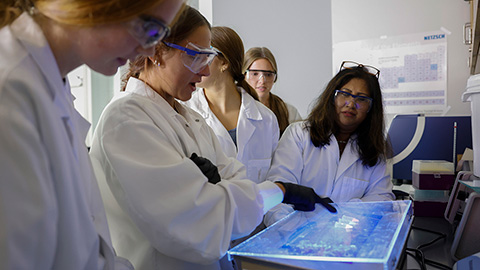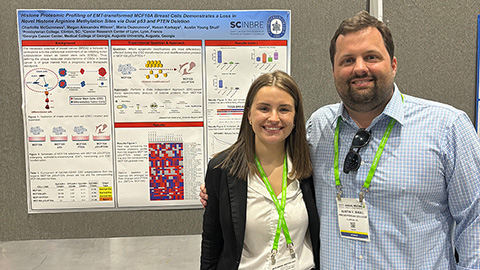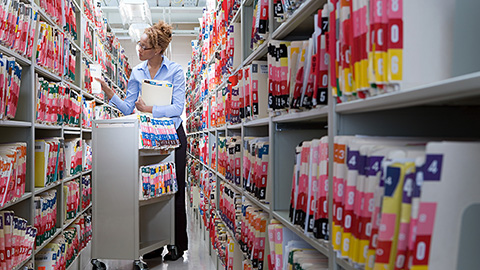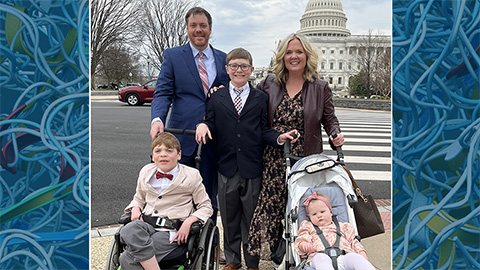Perspectives

The tortoise wins: How slowing down saved my Ph.D.
Graduate student Amy Bounds reflects on how slowing down in the lab not only improved her relationship with work but also made her a more productive scientist.

How pediatric cataracts shaped my scientific journey
Undergraduate student Grace Jones shares how she transformed her childhood cataract diagnosis into a scientific purpose. She explores how biochemistry can bring a clearer vision to others, and how personal history can shape discovery.

Debugging my code and teaching with ChatGPT
AI tools like ChatGPT have changed the way an assistant professor teaches and does research. But, he asserts that real growth still comes from struggle, and educators must help students use AI wisely — as scaffolds, not shortcuts.

AI in the lab: The power of smarter questions
An assistant professor discusses AI's evolution from a buzzword to a trusted research partner. It helps streamline reviews, troubleshoot code, save time and spark ideas, but its success relies on combining AI with expertise and critical thinking.

How AlphaFold transformed my classroom into a research lab
A high school science teacher reflects on how AI-integrated technologies help her students ponder realistic research questions with hands-on learning.

Writing with AI turns chaos into clarity
Associate professor shares how generative AI, used as a creative whiteboard, helps scientists refine ideas, structure complexity and sharpen clarity — transforming the messy process of discovery into compelling science writing.

Teaching AI to listen
A computational medicine graduate student reflects on building natural language processing tools that extract meaning from messy clinical notes — transforming how we identify genetic risk while redefining what it means to listen in science.

What’s in a diagnosis?
When Jessica Foglio’s son Ben was first diagnosed with cerebral palsy, the label didn’t feel right. Whole exome sequencing revealed a rare disorder called Salla disease. Now Jessica is building community and driving research for answers.

How undergrad research catalyzes scientific careers
Undergraduate research doesn’t just teach lab skills, it transforms scientists. For Antonio Rivera and Julissa Cruz–Bautista, joining a lab became a turning point, fostering critical thinking, persistence and research identity.
